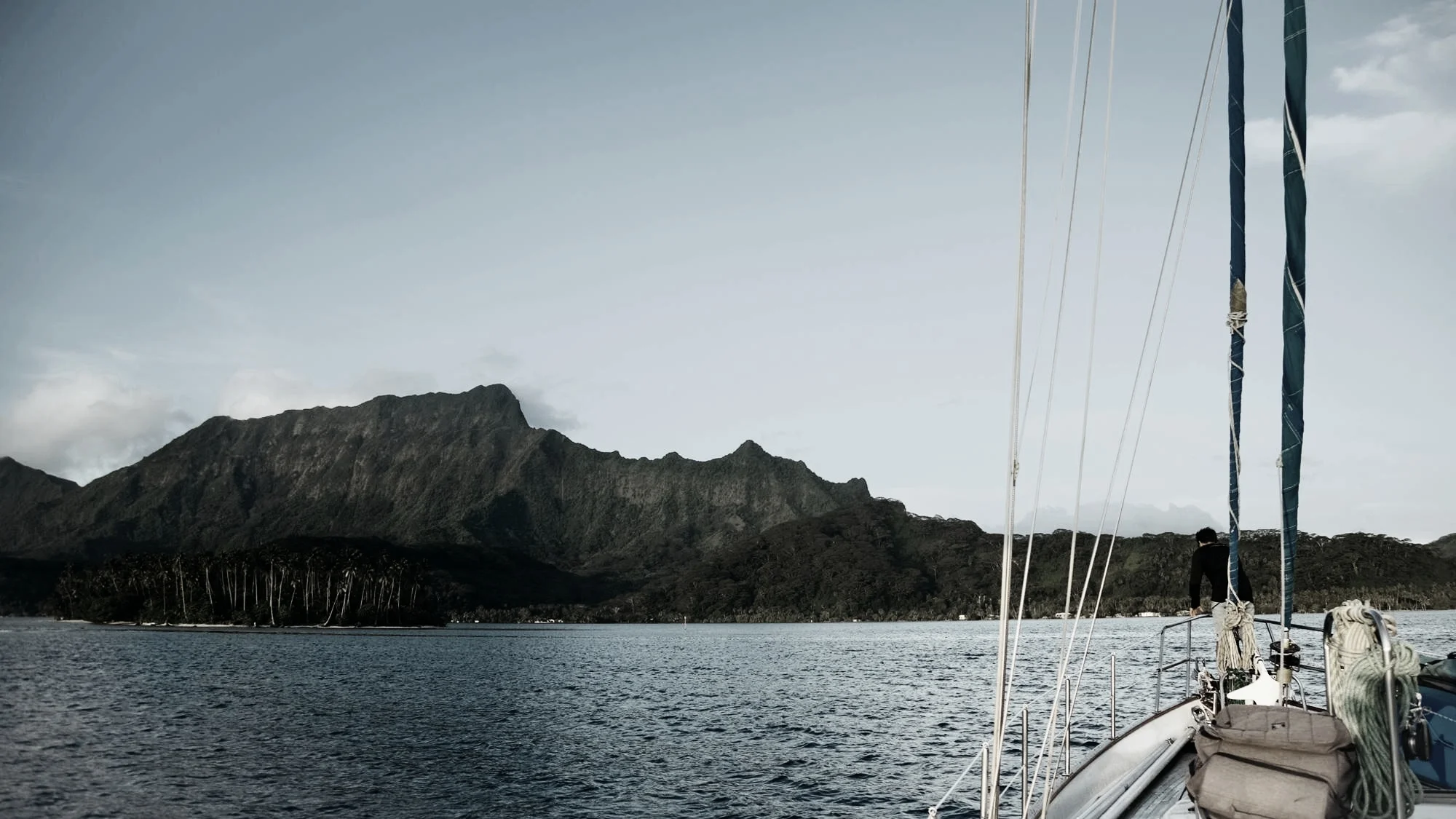Strengthen your roots and you will strengthen your lands, our oceans, our Earth
Plastic is everywhere. It’s in our everyday lives. It’s in landfills, in the ocean, and even inside us. Larger pieces degrade into smaller and smaller pieces called microplastics that can be less than five millimeters in length. These are particularly harmful because they’re hard to detect and collect, yet end up in both the most intimate (our bodies) and the most remote of places (the middle of the ocean.)
Recently, there has been increased attention on microplastics due to that studies have proven that the plastic we throw ‘away’ comes back to us in our food and even our drinking water. However, estimates of the global abundance and weight of floating plastics have lacked data, particularly from the Southern Hemisphere and remote regions.
Photography by Sasha Nitze
In collaboration with Love the Sea, the organization “Eat Less Plastic” is currently embarked on a four month ocean voyage across the South Pacific with the goal of gathering data on microplastics from an area where this information has never been recorded. Beginning in Marina del Rey, California the expedition will make its way to New Zealand, with stops in the islands of Tahiti, Tonga, and Fiji, just to name a few. Input will be added to the Global Estimate of Marine Plastic Pollution so that it can in turn be used to educate and influence legislative change.
The Eat Less Plastic voyage is composed of mission-driven business owners, actors, surfers, and non-profit directors. These are regular people, driven by a passion for the ocean, who are learning how to be environmentalists on the spot. What they have achieved is proof that one does not necessarily need to carry a particular title to make a difference or inspire action. We all have a role to play, and can bring in different skills and perspectives.
Aside from collecting data, the crew is focusing on learning from and about Pacific Islanders. They are interested in what our societies can learn from the strong relationship that these folks have formed with the ocean. This is beautifully illustrated in a quote they collected from a highly respected Kupuna elder from the Papenoo Maroto Valley, at a sacred Tahitian site that has been protected for thousands of years:
“The only way for our oceans and land to be healed is for us to do so internally first… we will then naturally spread that awareness to our children and into our land. Do not consume unconsciously. Find your culture and connect with it. Strengthen your roots and you will strengthen your lands, our oceans, our Earth.”
It all starts with taking the first step. Join a Parley Mission, learn more about our AIR Strategy (Avoid, Intercept, Redesign) and how you can start implementing it by taking the #ParleyAIR Pledge.






















